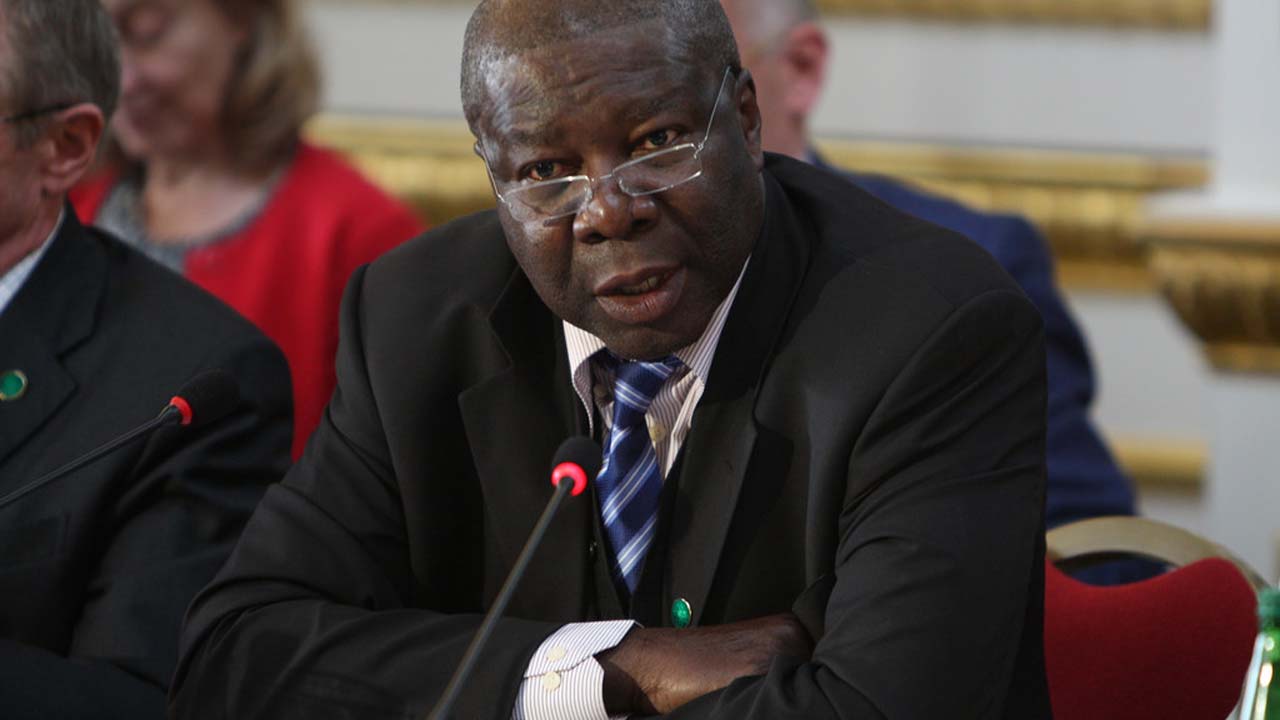Low production base frustrating African Continental Free Trade Area Agreement—AU
An economist and African Union Commission Deputy Chairperson, Ambassador Kwesi Quartey has given an insight on the key challenges capable of frustrating the expected growth of intra-African trade and successful implementation of the African Continental Free Trade Area Agreement (AFcfta).
Business Hilights recalls that one of the key reasons that compelled Nigerian Organised Private Sector (OPS) operators to ask government not to sign the deal include avoiding subjecting Nigeria to a dumping ground for both African and Asian cheap products capable of stifling local production.
In a speech at the 51st session of the Conference of African Ministers of Finance, Planning and Economic Development in Addis Ababa, Ambassador Quartey said Africa’s ability to trade with itself, as well as with the rest of the world, will be an absolute game changer and that must be driven by the quantum of African products.
Ambassador Quartey said as the rest of the world became increasingly fractured, Africa must advance its integration agenda and move from 55 fragmented markets into a larger market with the prospects of a combined GDP of over three trillion dollars annually.He said Africa must scale-up its infrastructure investments to improve connections between and within African countries; make trade more conducive through the elimination of trade non-tariff barriers such as the restrictive travel policies and visa regimes; harmonize trade policies; increase manufacturing and processing capacity; enhance linkages for rural communities to urban markets and vice versa; focus on capacity development to be able to participate in the knowledge economy, and be ready for the digital economy.
According to him, the success of the scheme will depend largely on the continent’s ability to produce its goods rather than basing the trade on mere translocation of imported goods from Asia Tigers.
He said “But in order to trade, Africa first has to produce; and not just primary commodities. We must begin to apply science and technology to production. Statistical evidence has demonstrated that intra-African trade has tended to be mainly in processed foods, that is, goods and commodities to which value has been added”.
“Africa’s ability to trade and do business with itself is what will drive the African Continental Free Trade Area.
“The potential of Africa’s integration and intra-Africa trade are enormous if we are able to take advantage of the economies of scale, creation of job opportunities and generation of income, mobility of investment capital and exploring our consumer market of nearly one billion people,” he said.
Continuing, the Ghanaian development economist averred that “Whilst the benefits are clear and widely acknowledged, there is also the underlying need to review the strategies to drive intra-Africa trade and integration agenda and whose successes, would reinforce Africa’s place in the global economy and strengthen our bargaining power in international negotiations.”
Boosting intra-African trade is the most effective way to bring growth and development to the continent, Quartey noted.









